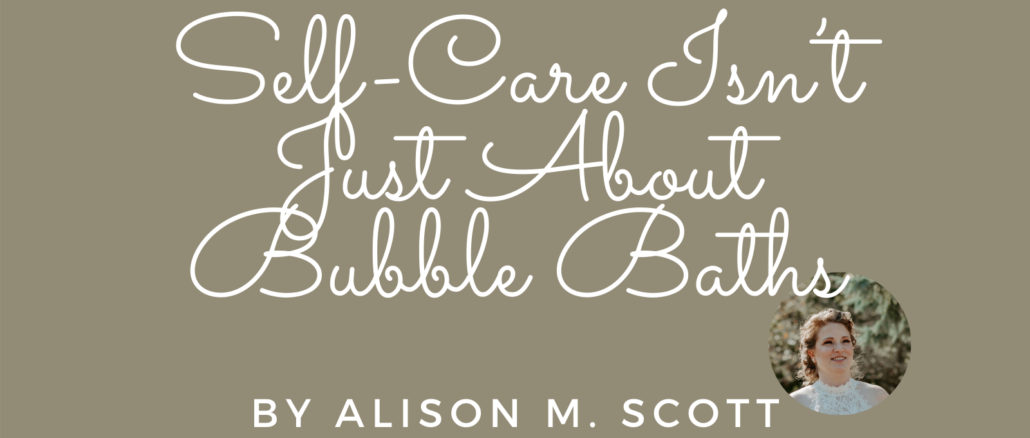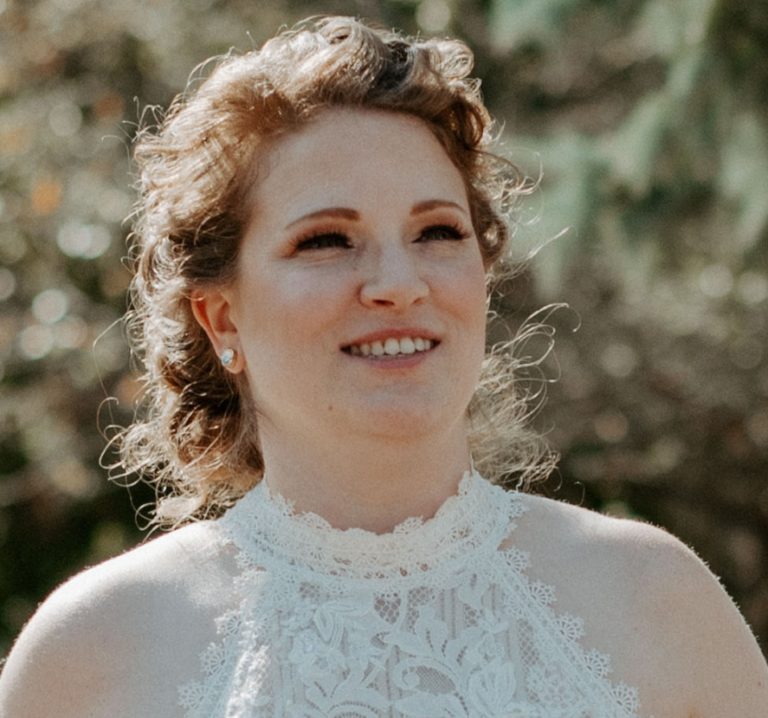
Note that the names of the author’s cousin and her daughter were changed in the essay.
____
My phone buzzed with a text from my cousin Kara. Her 8-year-old daughter Maddy is my goddaughter and she wanted to write me a letter. I moved away when Maddy was only four; now, almost five years later, Maddy barely remembers me. She once saw my younger sister and turned to her mom asking, “Is that the one that’s my godmother?” This story makes everyone in my family laugh. It makes me cringe.
The truth is, I burn with shame knowing that I have become a shadow in the back of this kid’s mind, and it is largely due to my own actions. I was entrusted with showing up for birthdays, sacraments, and dance recitals. Instead, I have sent cards and gifts, but not stepped foot into my cousin’s house since moving out-of-state half a decade ago. Last year, I saw Maddy at a family party, and it was heartbreaking. Of course, she didn’t remember me, but I tried to chat with her and remind her that I am her godmother. After that, it was back to the status quo – Christmas and birthday presents via USPS and learning about Maddy’s life through Kara’s social media updates.
Given this guilt and shame I had been carrying, I was thrilled when I got the text from Kara out of the blue that day. She cheerfully wished me a “Happy Engagement!” – it had been a year already, which she knew, but our pics had just been posted on Facebook. She followed up with a request for my address so that Maddy could send me a letter. She then launched into a warning that the little girl did not know about my engagement.
Kara explained that she had asked some questions to try to gauge her daughter’s understanding (of what I didn’t ask), and it became clear that Maddy didn’t get whatever it was that her mom thought she was supposed to understand. So, Kara decided it was best to just tell her later about my engagement – “when she gets it better”.
As I read my cousin’s words for a third time, a sinking feeling took hold in my stomach. The joy from the first part of the message melted away, and a flood of emotions came over me. I felt rejected, ashamed, and finally, a searing anger as the dust settled.
Thanks to my own private religious schooling, I didn’t get “it” either as an 8-year-old. If the unspoken “it” is that some women marry men, and some women marry women. When I was an 8-year-old, it was illegal for people of the same sex to marry. As a child, however, my understanding of marriage was just that people dated and fell in love and got married and had babies.
After talking it through with my support system and thinking it over, I came to the conclusion that it’s my cousin’s prerogative what she does and doesn’t tell her child, including that her godmother is marrying another woman.
As for me, I tell the truth. Always.
It took me a long time to come out, even to myself. This was largely due to my upbringing and the church where my family belonged. For my own sanity, I had to walk away from that environment in order to admit and accept the truth about myself.
When I did finally walk away, it still took a few years before I cracked open the closet door, peered around, cautiously stuck a toe over the threshold, and then stayed in that position for a long time.
The freedom I have found in living my truth has been life changing. I won’t go back in the closet because it makes other adults uncomfortable. We all have a choice to do what’s best for ourselves, and I choose honesty with myself and others. I choose who I allow into my life, and who I allow to rent precious brain space. Judgment from others has no place taking up room where every square inch is valuable.
In my experience, choosing honesty and truth is the most indispensable form of self-care. But if I really dig deep, I know that staying away from Kara’s house has been a subconscious act tied up in the fear of rejection from my family of origin. That doesn’t mean I’ve been practicing self-care at all – it means I’ve been practicing avoidance.
What now then? How to practice self-care? Does practicing self-care and living my truth mean I have to confront Kara, or show up at her house next time I’m in town? I don’t think so. I think it means sending her a “save the date” for my wedding. It means inviting Kara and her husband even if they choose not to attend. It means demonstrating that our gay wedding looks a lot like any straight wedding they have been to in the last several years.
In this case, I think self-care means letting go of my fear of rejection. I don’t have to start hanging out at Kara’s over the holidays, but I do have to stop hiding. I have to be honest with myself about why I haven’t been there in years and be ok with choosing not to go back.
While the experience was painful, I learned a lot from that brief conversation with Kara. I learned that I had been avoiding some of my family out of fear, because I was afraid they would reject me and my relationship. Allowing emotions to rule me is the opposite of treating myself with care.
I learned that choosing to love some family members from a distance is an important form of self-care for me, but it should be just that – a choice, not a reaction to fear. In the future, my actions probably won’t look all that different on the outside, but I will know that I have faced a fear and taken power back from that fear. I will be making conscious choices, rather than being ruled by emotion. For me, that’s the best form of self-care.



